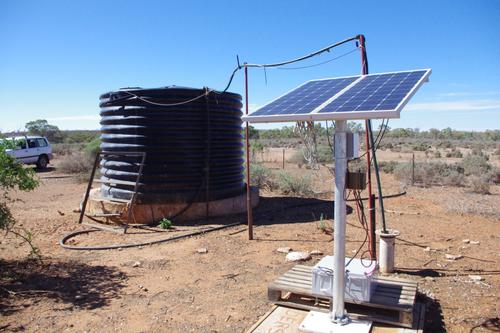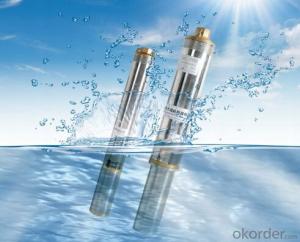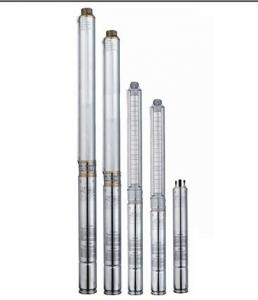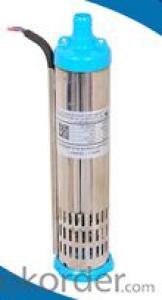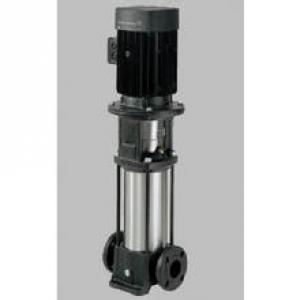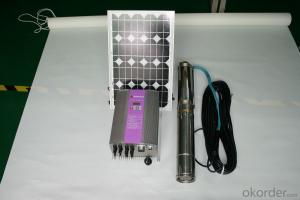Borehole solar water pump
- Loading Port:
- Shanghai
- Payment Terms:
- TT OR LC
- Min Order Qty:
- -
- Supply Capability:
- 300 set/month
OKorder Service Pledge
Quality Product, Order Online Tracking, Timely Delivery
OKorder Financial Service
Credit Rating, Credit Services, Credit Purchasing
You Might Also Like
how is the rotor made:
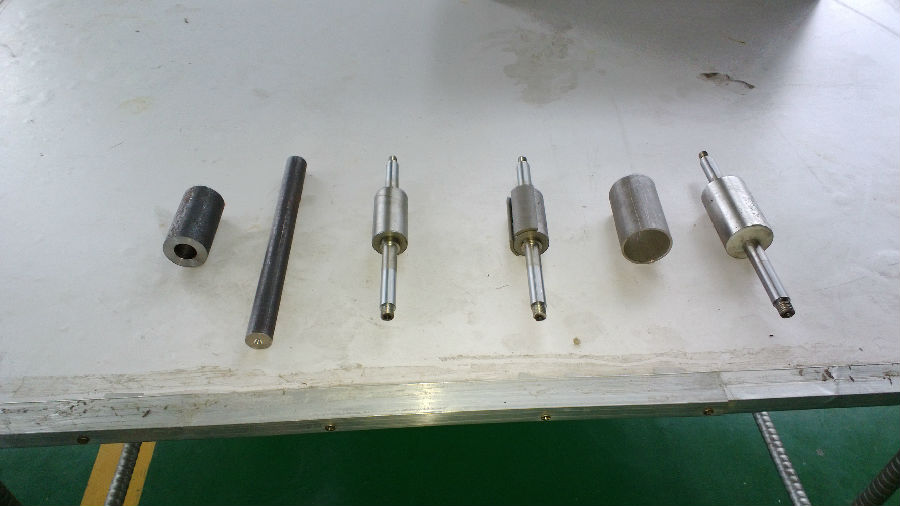
how is the motor made:
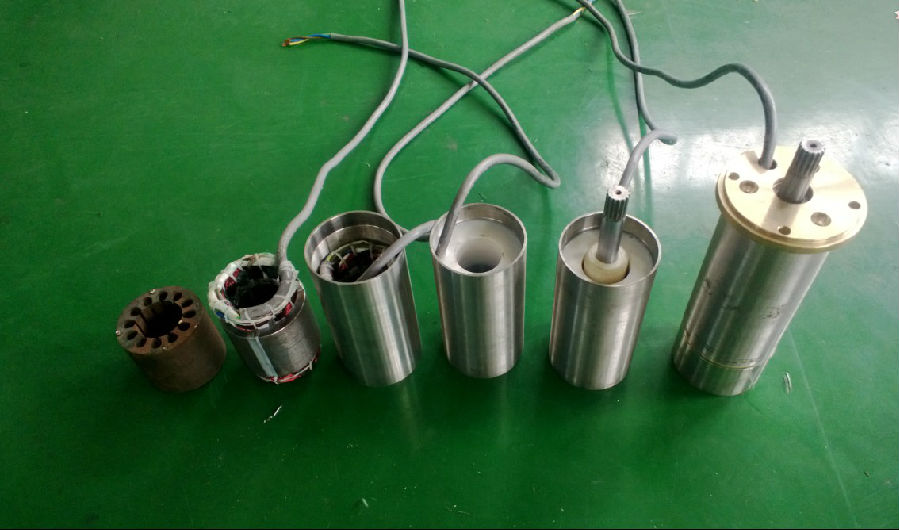
the pump :
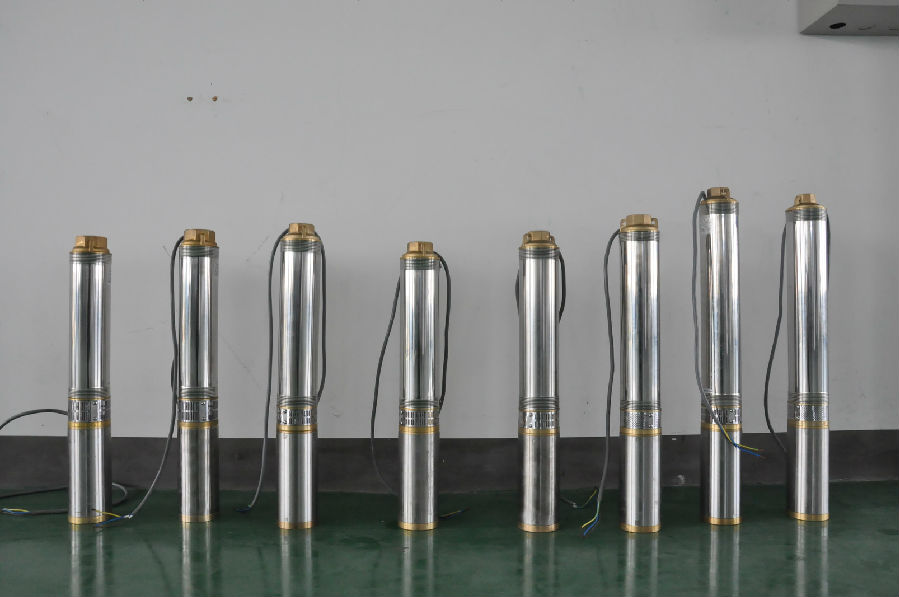
controller terminal connection:
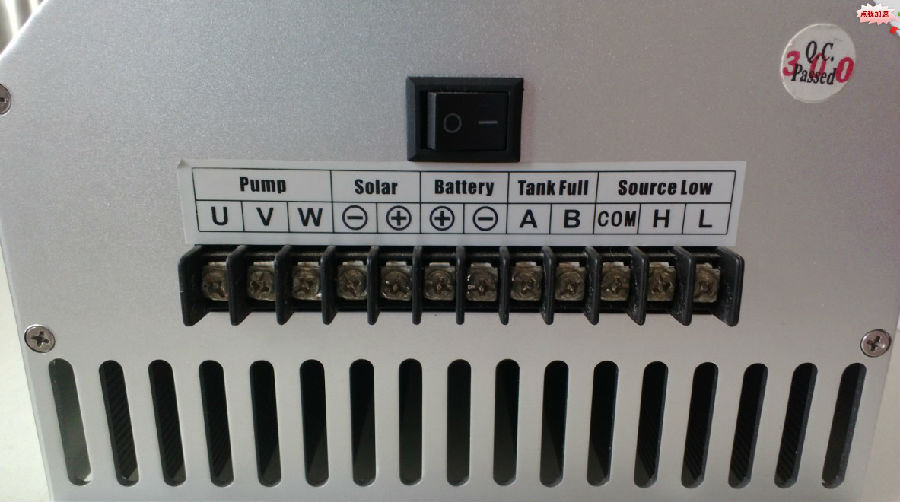
The permanent magnet:
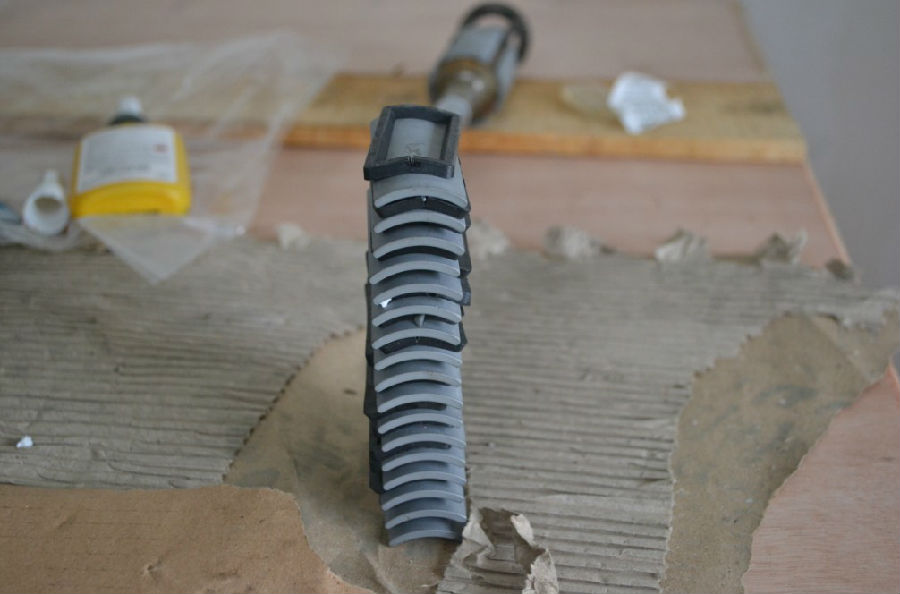
the impeller:
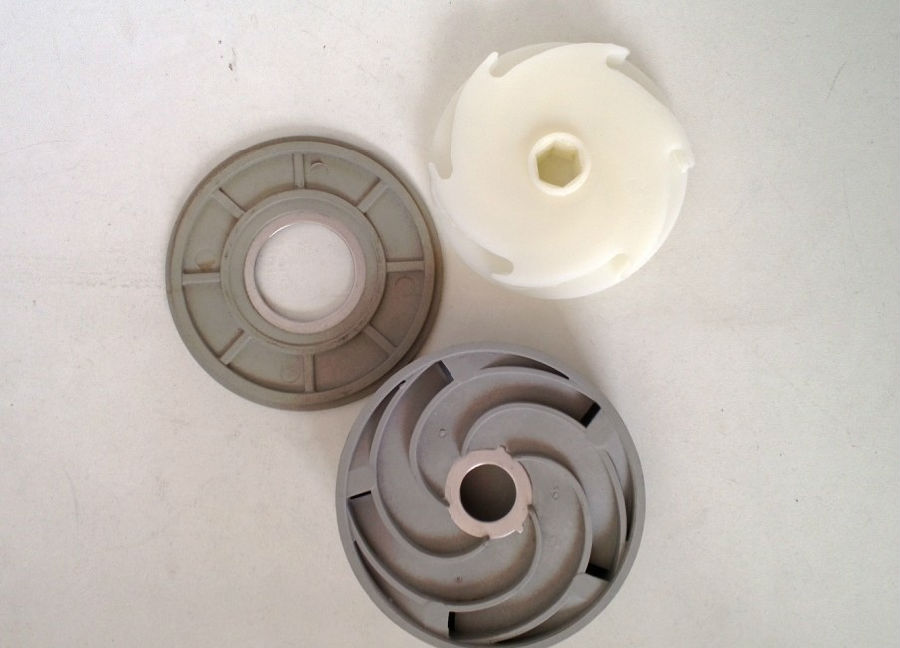
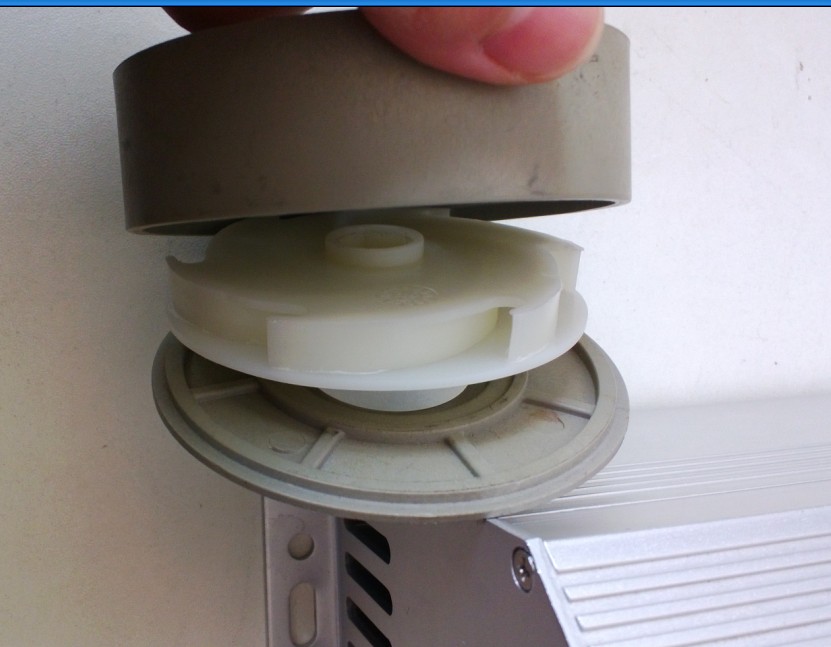
controller box:
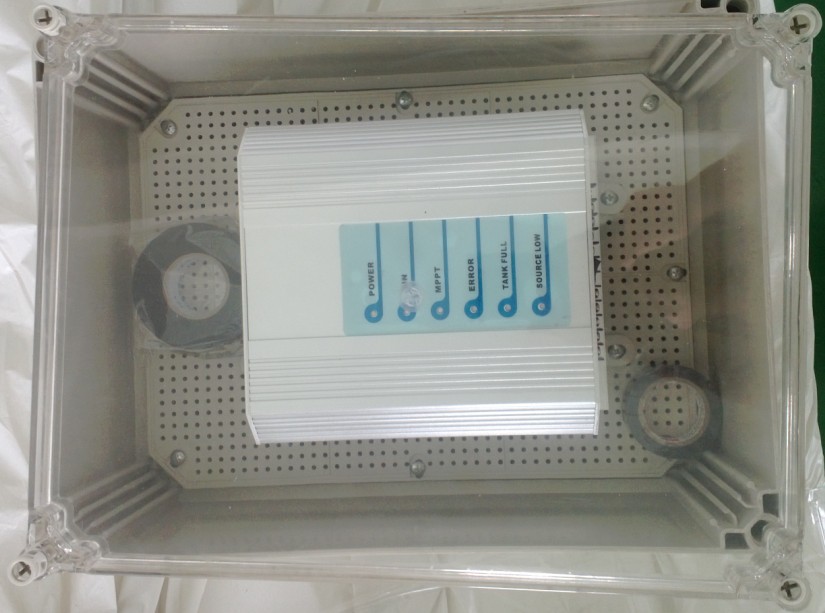
the senors:
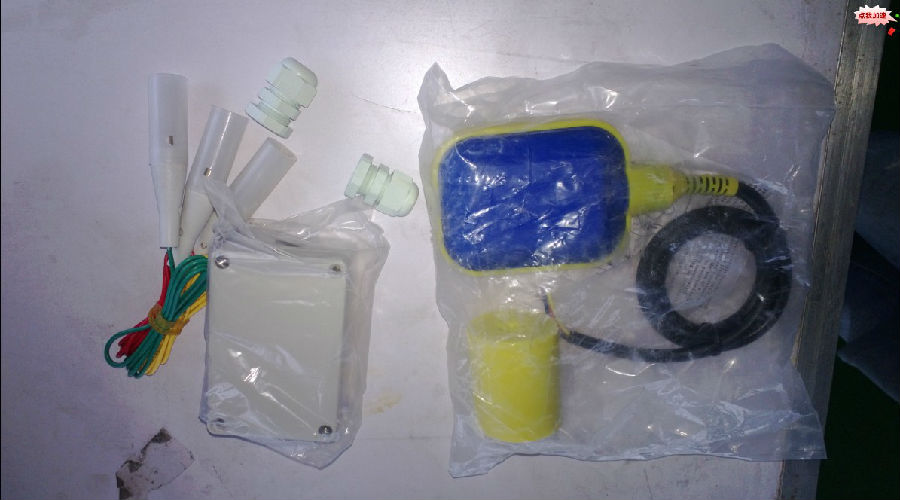
the test:
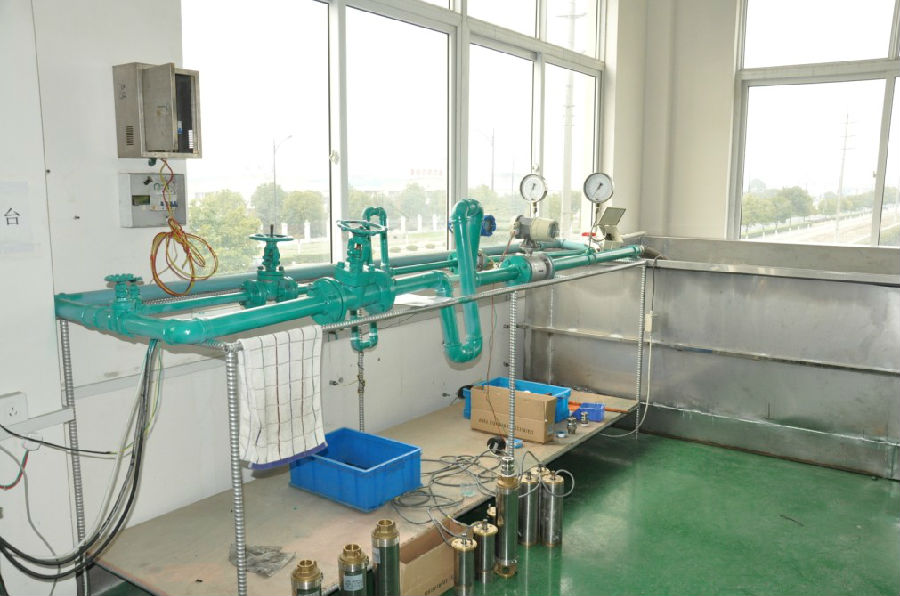
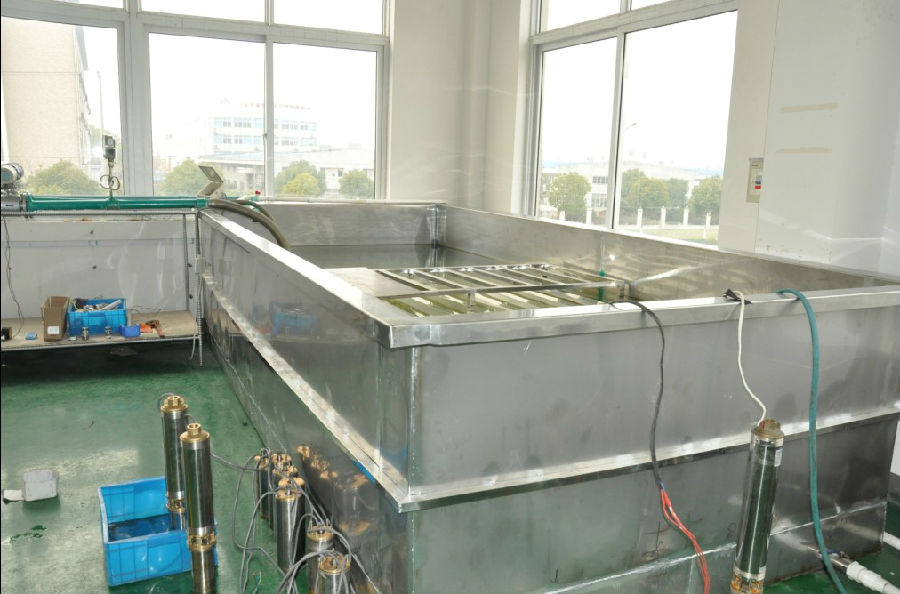
the application:
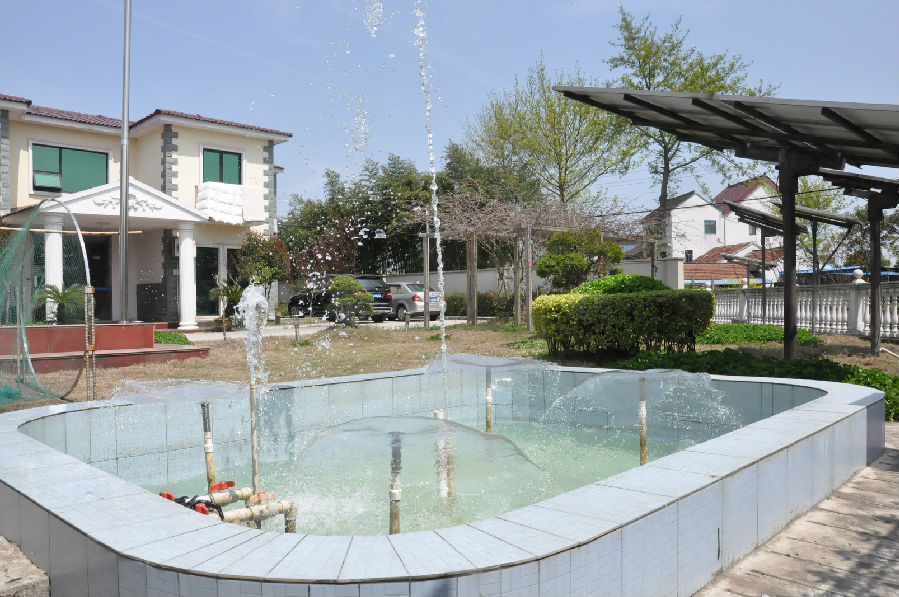
the package:
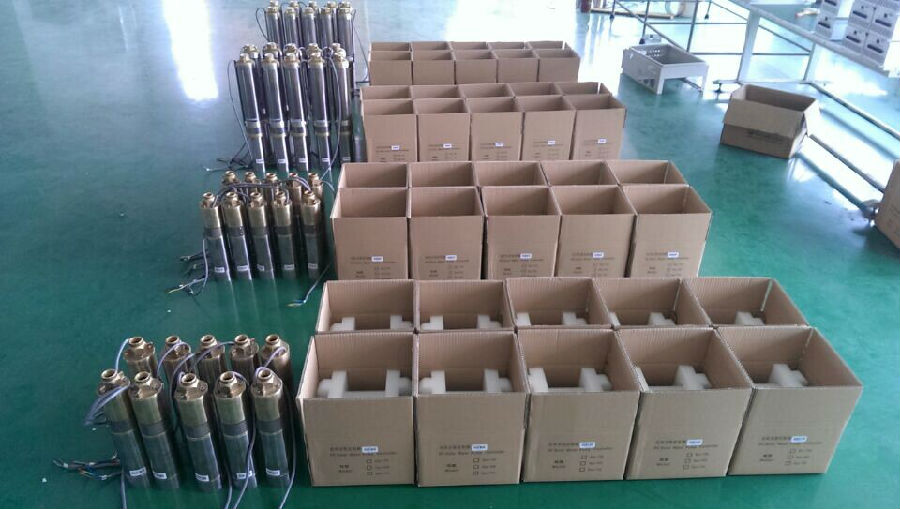
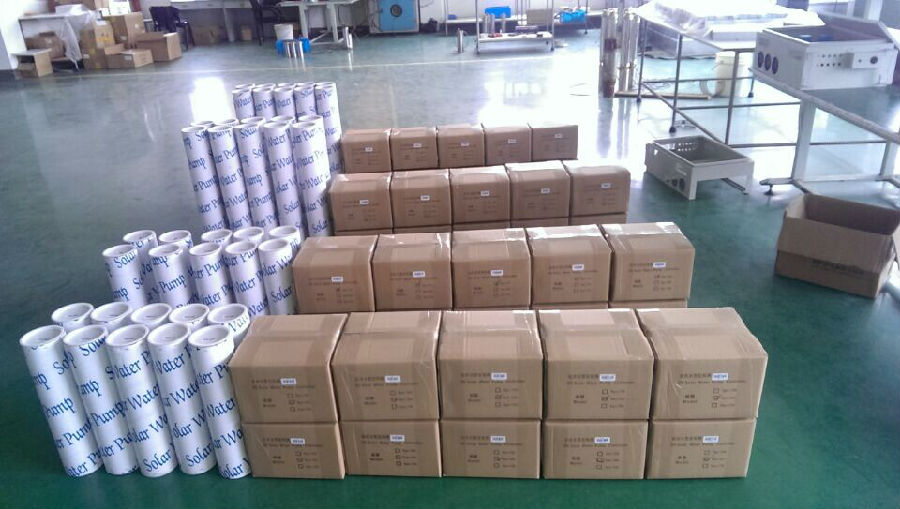
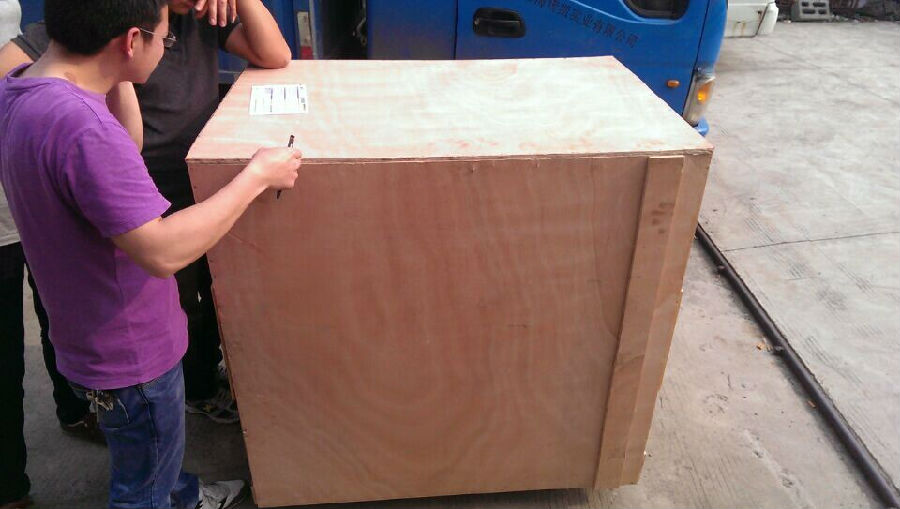
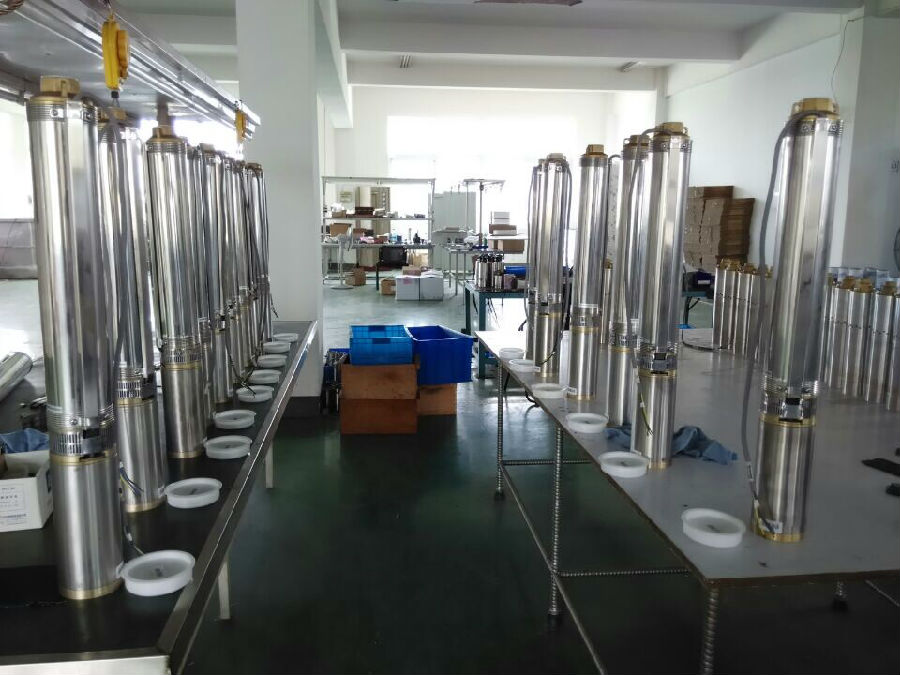
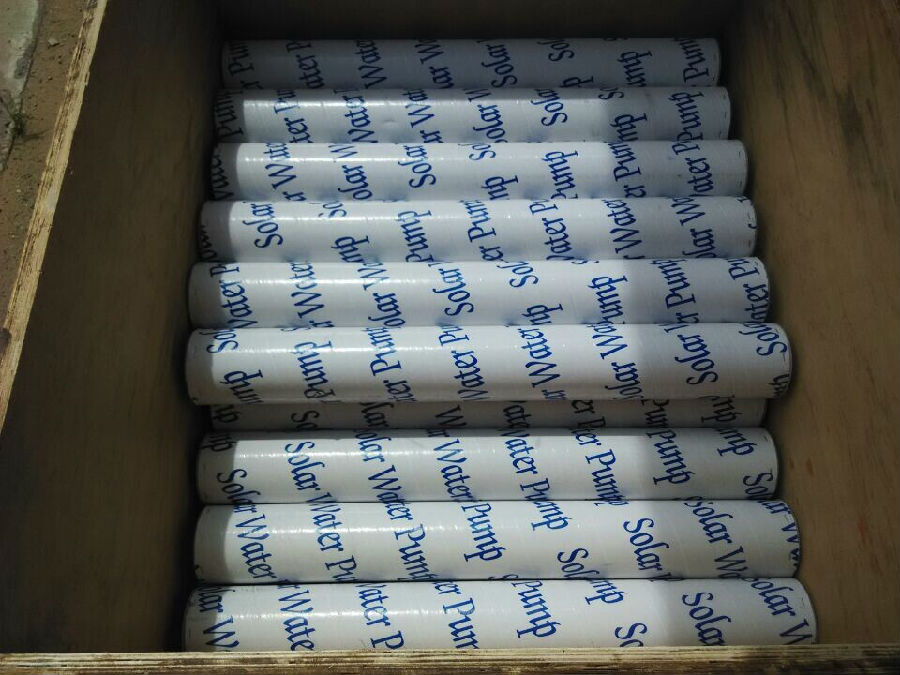
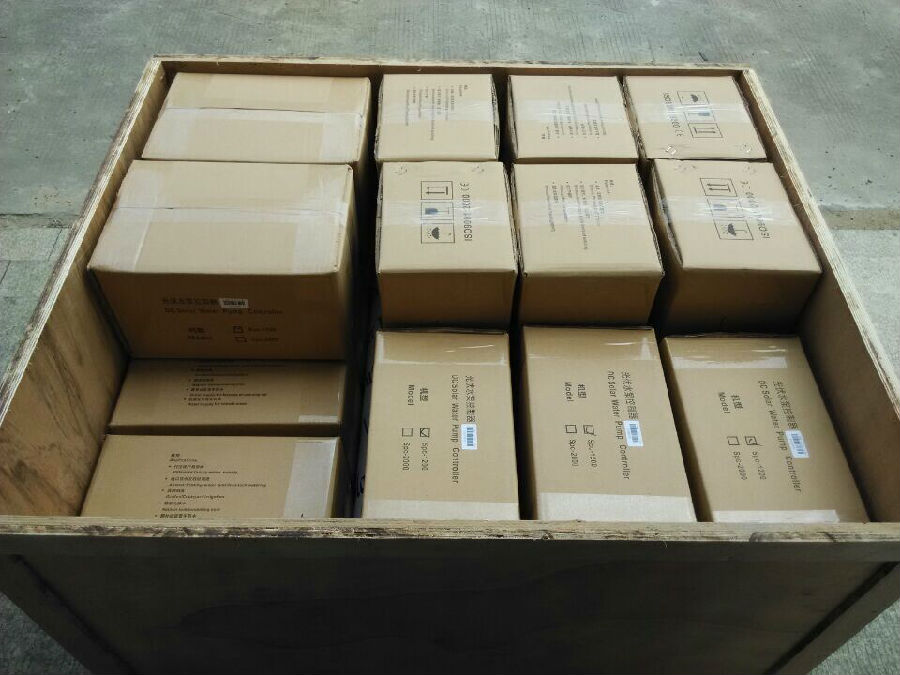
- Q: Can a solar pump be used for water supply in remote oil rigs?
- Yes, a solar pump can be used for water supply in remote oil rigs. Solar pumps are a sustainable and reliable solution for providing water in remote locations where access to electricity is limited. They can efficiently pump water from wells, rivers, or other water sources, reducing the dependency on traditional fuel-powered pumps. Additionally, solar pumps require minimal maintenance and have a long lifespan, making them well-suited for remote oil rigs' water supply needs.
- Q: Are there any limitations on the water pressure that can be achieved with a solar pump?
- Yes, there are limitations on the water pressure that can be achieved with a solar pump. The maximum water pressure that can be achieved depends on factors such as the type and efficiency of the solar pump, the power of the solar panels, and the depth and distance the water needs to be pumped. Generally, solar pumps have lower pressure capabilities compared to electric or diesel pumps, but advancements in technology have led to more powerful solar pumps that can achieve higher water pressures.
- Q: How much sunlight is needed to operate a solar pump?
- The operation of a solar pump relies on several factors, including the size and efficiency of the pump, the capacity of the solar panels, and the location. The amount of sunlight needed for optimal functioning varies. Generally, solar pumps need a minimum amount of sunlight to function well. The most efficient pumps can work with only 2-3 hours of direct sunlight daily. However, for better performance, it is recommended to expose them to sunlight for longer periods. Ideally, solar pumps should receive 5-6 hours or more of full sunlight to generate sufficient power for their pumping needs. Weather conditions are crucial to consider as well. Cloudy or overcast days can significantly reduce the amount of sunlight reaching the solar panels, affecting the pump's performance. In regions with limited sunlight, it is advisable to install additional solar panels or use a battery backup system to ensure a continuous power supply for the pump. It is worth noting that solar pumps can also function with indirect or diffused sunlight, albeit with decreased efficiency. Therefore, even on partially cloudy days, solar pumps can still operate, although their output will be reduced. To determine the specific sunlight requirements for a particular solar pump, it is recommended to consult the manufacturer's specifications or seek advice from a solar energy professional who can assess the local conditions and provide accurate guidance.
- Q: Can a solar pump be used in areas with limited access to water filtration systems?
- Yes, a solar pump can be used in areas with limited access to water filtration systems. Solar pumps are designed to draw water from various sources such as wells, rivers, and ponds. While they do not directly filter the water, they can be coupled with a separate filtration system to purify the water for drinking or other purposes. Therefore, solar pumps can be an effective solution for providing water in areas where access to traditional water filtration systems is limited.
- Q: How does a solar pump help in reducing reliance on grid electricity?
- A solar pump helps in reducing reliance on grid electricity by utilizing solar energy to power the pump instead of relying on the electricity provided by the grid. This allows for a more sustainable and cost-effective solution as solar energy is abundant and free. By harnessing solar power, individuals and communities can reduce their electricity bills and decrease their dependence on the grid, thereby contributing to a more environmentally friendly and energy-efficient system.
- Q: How do solar pumps handle fluctuations in voltage or power supply?
- Solar pumps are designed to handle fluctuations in voltage or power supply efficiently. They typically have built-in voltage regulators that stabilize the power input, ensuring a consistent and reliable operation. Moreover, solar pumps utilize direct current (DC) motors, which are more tolerant to voltage fluctuations compared to alternating current (AC) motors. This allows them to continue functioning effectively even if there are minor variations in the power supply.
- Q: Can solar pumps be used for hydroponic farming or greenhouse irrigation?
- Yes, solar pumps can be used for hydroponic farming or greenhouse irrigation. Solar pumps are an efficient and sustainable solution for providing water to plants in these systems. By harnessing solar energy, they can operate without the need for electricity or fuel, making them cost-effective and environmentally friendly.
- Q: Are there any special considerations for installing a solar pump in a coastal area?
- Yes, there are several special considerations for installing a solar pump in a coastal area. One of the main considerations is the corrosive nature of saltwater. Coastal areas have higher salt content in the air and soil, which can accelerate the corrosion of metal components and electrical connections. Therefore, it is important to choose materials that are resistant to corrosion, such as stainless steel or other marine-grade materials, to ensure the longevity of the solar pump system. Another consideration is the potential for extreme weather conditions in coastal areas. These areas are often prone to strong winds, storms, and even hurricanes. It is crucial to design and install the solar pump system in a way that can withstand these weather events. This may involve securing the solar panels and equipment properly, as well as considering the installation location to minimize exposure to strong winds. Additionally, the proximity to saltwater bodies can also impact the water source for the pump. Saltwater or brackish water may require additional pre-treatment or filtration before it can be used with the pump system. This could include installing a desalination system or using specialized filters to remove impurities and ensure the water quality is suitable for the pump. Lastly, the coastal environment may have unique regulations and permits that need to be considered when installing a solar pump. It is important to research and comply with any local regulations regarding the installation of renewable energy systems in coastal areas. Overall, installing a solar pump in a coastal area requires careful consideration of corrosion resistance, weather resilience, water source quality, and compliance with local regulations. By addressing these special considerations, the solar pump system can operate efficiently and effectively in the coastal environment.
- Q: What is the average lifespan of a solar pump controller?
- The average lifespan of a solar pump controller can vary depending on various factors such as quality, usage, maintenance, and environmental conditions. However, a well-maintained and high-quality solar pump controller can typically last anywhere from 10 to 15 years.
- Q: Are there any safety concerns with using a solar pump?
- Yes, there can be safety concerns with using a solar pump. Some of the potential safety concerns include electric shock if not properly installed or maintained, overheating or fire hazards in extreme weather conditions, and potential for damage or injury due to improper handling or installation of the pump or its components. It is important to follow proper installation, maintenance, and usage guidelines provided by the manufacturer to ensure safe and efficient operation of the solar pump.
Send your message to us
Borehole solar water pump
- Loading Port:
- Shanghai
- Payment Terms:
- TT OR LC
- Min Order Qty:
- -
- Supply Capability:
- 300 set/month
OKorder Service Pledge
Quality Product, Order Online Tracking, Timely Delivery
OKorder Financial Service
Credit Rating, Credit Services, Credit Purchasing
Similar products
Hot products
Hot Searches
Related keywords

